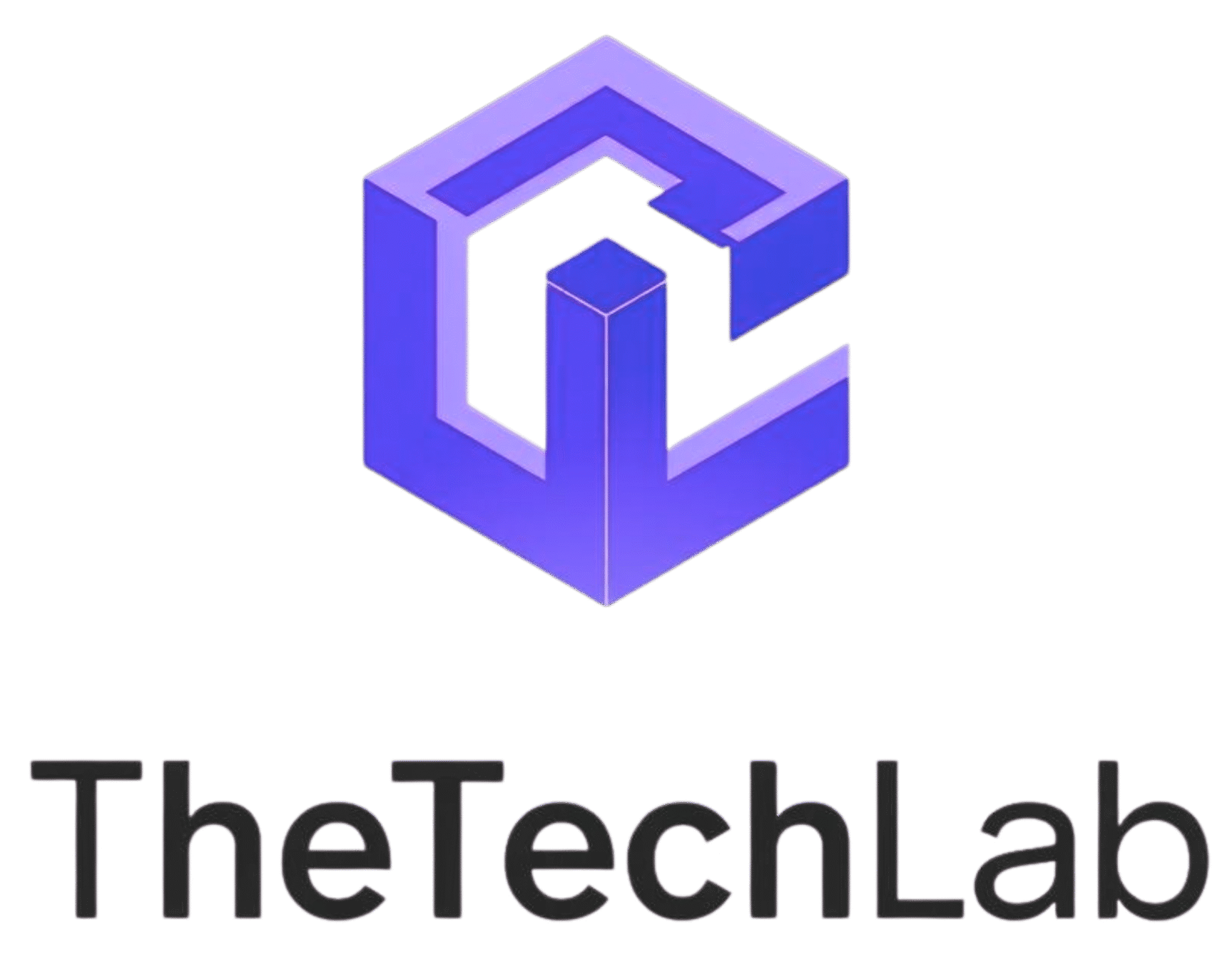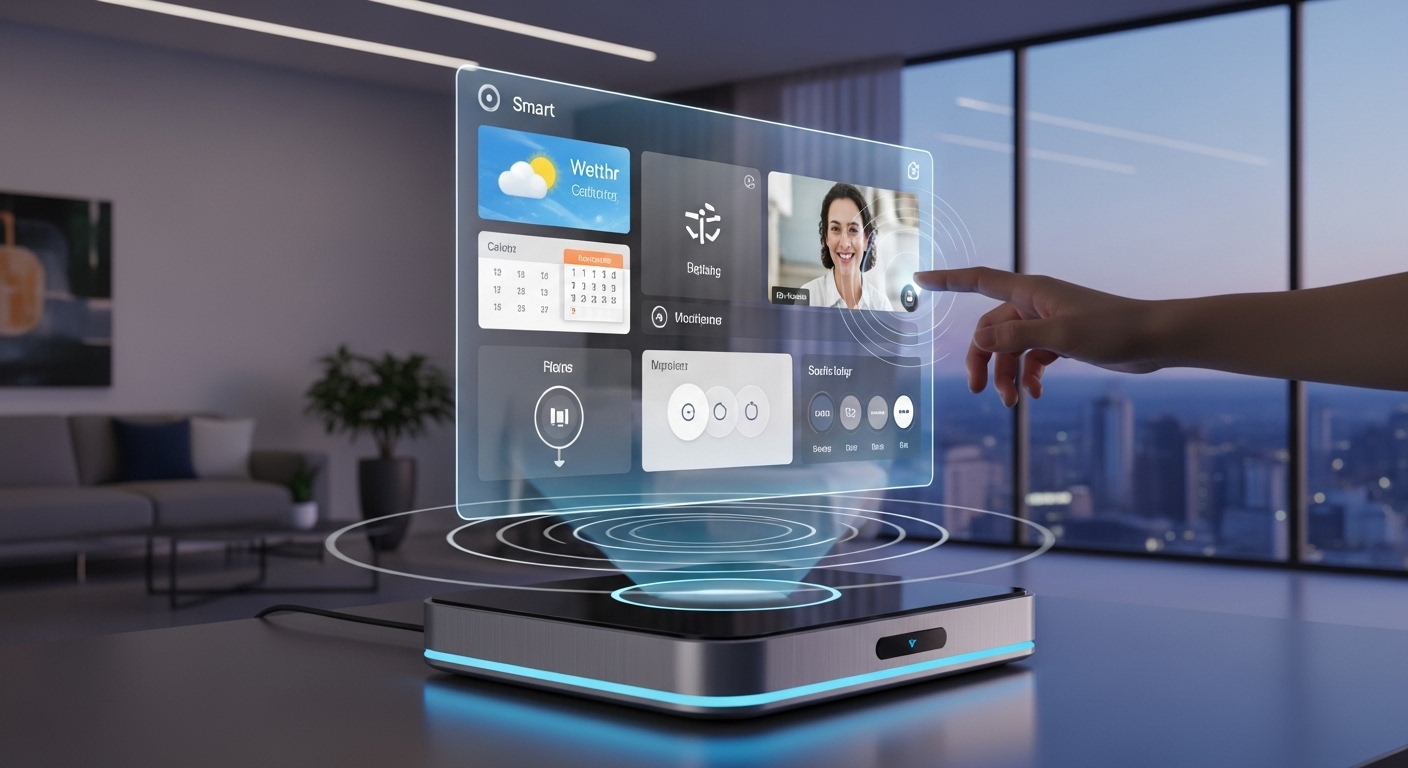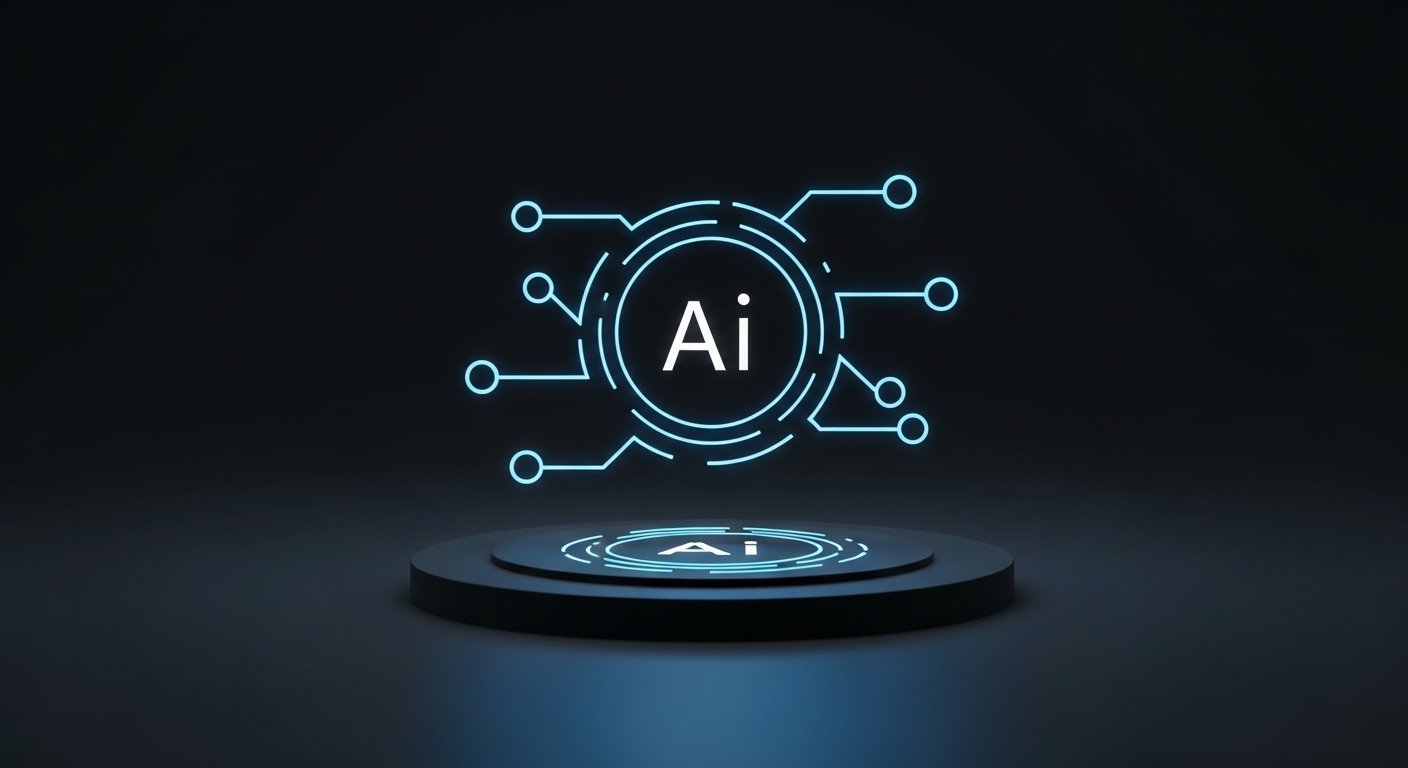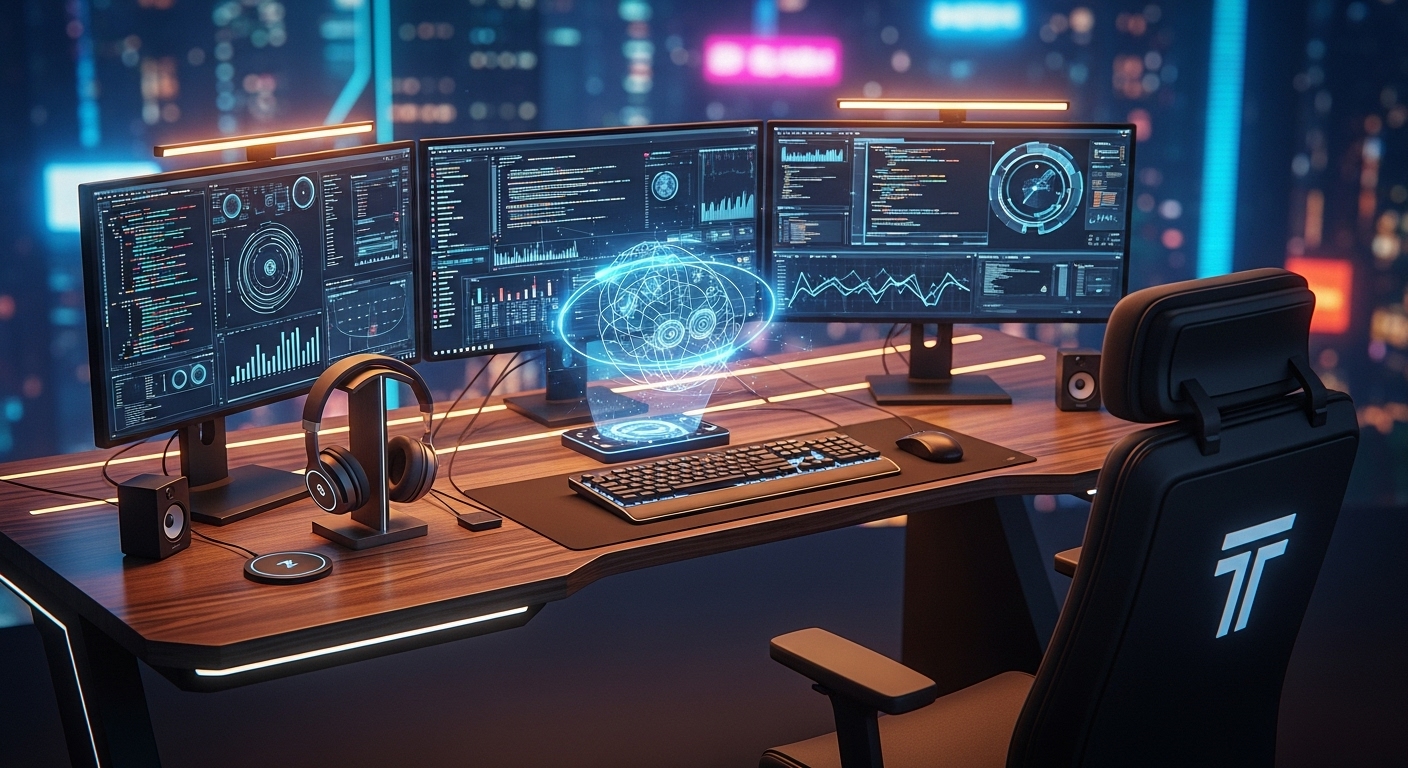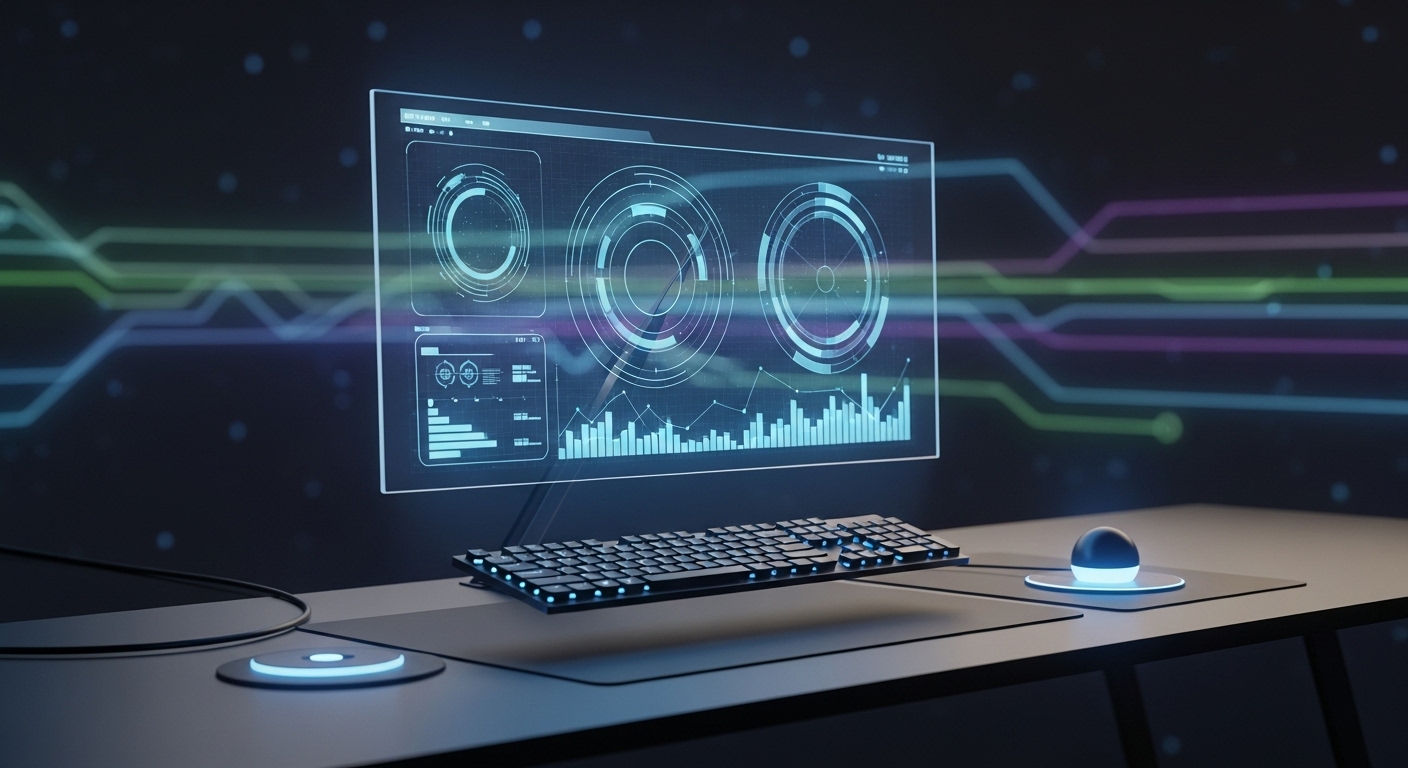Introduction
Technology has become an inseparable part of our daily lives. From smartphones and smart homes to artificial intelligence and automation, technology is transforming how we live, work, and interact. It is no longer just about convenience—it has become a driving force behind progress, creativity, and problem-solving. Understanding its impact helps us prepare for a future that is increasingly digital.
The Evolution of Modern Technology
Over the past century, technology has evolved at an unprecedented pace. Early innovations such as electricity, the telephone, and the computer laid the groundwork for today’s digital revolution. Now, advancements in artificial intelligence, virtual reality, and quantum computing are opening doors to possibilities that were once unimaginable. Every breakthrough builds on previous knowledge, creating a world where change is constant and innovation is limitless.
Communication in the Digital Era
Technology has completely reshaped communication. Social media, instant messaging, and video calls allow people to stay connected across continents in real time. Businesses also rely on digital tools to collaborate, reach customers, and manage operations efficiently. This interconnected world has made information sharing faster and more accessible than ever before, creating opportunities for personal growth, education, and professional success.
Artificial Intelligence and Automation
Artificial intelligence (AI) and automation are revolutionizing industries. AI systems can analyze large datasets, make predictions, and perform tasks traditionally handled by humans. Automation increases efficiency and reduces errors in manufacturing, healthcare, finance, and many other sectors. From virtual assistants that manage daily tasks to self-driving vehicles, these technologies are reshaping the way we live and work.
Technology in Education
The education sector has been transformed by digital tools. Online learning platforms, interactive apps, and virtual classrooms make education more accessible and engaging. Students can learn at their own pace, access global resources, and collaborate with peers worldwide. Teachers can use technology to personalize lessons, track progress, and provide instant feedback, creating a more effective learning environment.
Innovations in Healthcare
Healthcare has seen remarkable advancements thanks to technology. Telemedicine, wearable devices, robotic surgeries, and AI-powered diagnostics have improved patient care and treatment outcomes. These innovations enable early detection of diseases, better management of chronic conditions, and more precise treatments. Technology not only saves lives but also enhances the quality of care for patients everywhere.
The Future of Work
Technology is redefining the workplace. Remote work, cloud computing, and collaboration tools have made it possible to work efficiently from anywhere. Automation and AI are taking over repetitive tasks, allowing employees to focus on creativity, problem-solving, and decision-making. The future of work will require continuous learning and adaptability, as new technologies continue to reshape industries and careers.
Ethical Considerations and Challenges
While technology brings immense benefits, it also presents challenges. Privacy concerns, cybersecurity threats, and ethical dilemmas surrounding AI and data usage are pressing issues. Responsible innovation and ethical practices are essential to ensure technology serves humanity positively. Balancing progress with caution will help create a safer and more equitable digital world.
Conclusion
Technology is more than a tool; it is a catalyst for change, growth, and opportunity. It impacts every aspect of life, from communication and education to healthcare and work. Embracing technology responsibly allows us to unlock its full potential, shaping a future that is innovative, connected, and inclusive. The journey of technological advancement is ongoing, and how we navigate it will define the next era of human progress.
